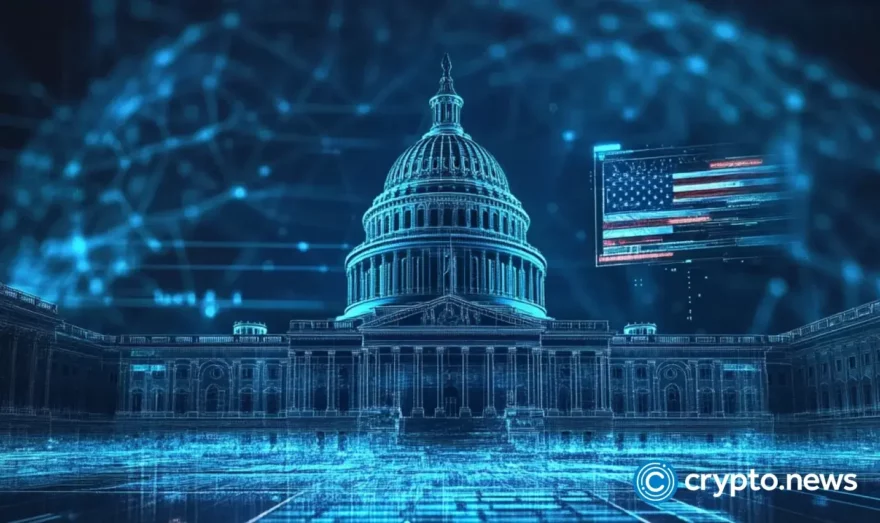Citi, State Street to enter digital asset custody space

Citi and State Street, two of the largest U.S. banks, plan to launch custodial services for cryptocurrencies and digital assets.
The U.S. institutional crypto wave has gained momentum following President Donald Trump’s return to Washington as the first pro-crypto American president. His administration’s push for clearer regulations has fueled bullish sentiment on Wall Street.
Citibank and State Street have separately announced plans to enter the cryptocurrency custody space as more financial firms outline digital asset strategies.
Citi unveiled its CIDAP digital asset platform, which offers crypto-safeguarding technology for clients. The bank’s website also revealed that it had explored a pilot program for tokenizing private markets. Meanwhile, State Street, one of the world’s largest custodian banks, is reportedly set to launch its crypto custody services in 2026.
Crypto leaders like Coinbase have advocated for authorities to allow banks and other traditional finance players to participate in digital assets. While the previous administration opposed the idea, Trump’s regime looked increasingly likely to champion the move.
Previously, Federal Reserve chair Jerome Powell said U.S. banks following risk disclosure practices could perfectly serve crypto clients.
Despite the sentiment, industry incumbents and tech giants have often pointed to rampant debanking tied to new technology and crypto. At a hearing, Powell recognized that some businesses were likely burdened by overzealous enforcement and committed to ending the so-called “Operation Choke Point 2.0” with Congress.
Meanwhile, more banks expressed crypto plans upon Trump’s second run as U.S. President. In January, Morgan Stanley-backed E-Trade eyed future crypto services. Goldman Sachs also said it would consider digital asset operations if regulators permitted.

















